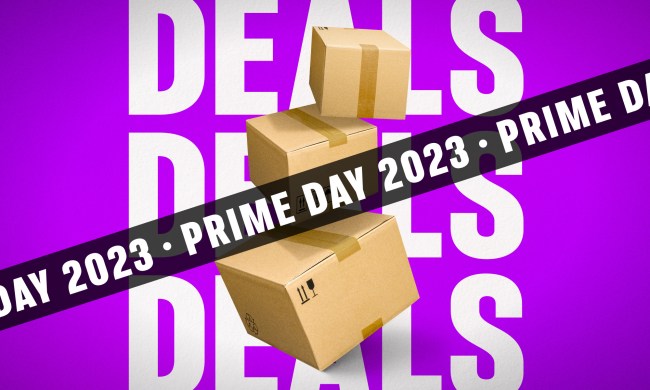
Just weeks after the publication of research that suggested these so-called “incentivized” reviews warp the site’s rating system, the e-commerce giant has decided to ban them.
An incentivized review is when a seller offers an online shopper a product for free, or at a discount, in exchange for a write-up.
Research firm ReviewMeta recently examined around seven million product reviews posted on Amazon’s site and found, perhaps not surprisingly, that incentivized reviewers were more likely to give a higher rating than regular contributors.
“Consumers have growing distrust and even disdain for incentivised reviews, especially when it seems every single one is a glowing five-star review,” ReviewMeta said after analyzing its data.
While Amazon is already fighting against businesses that sell fake reviews to merchants, the company had until now allowed “honest and unbiased” incentivized reviews to appear on its site so long as no cash changed hands and the poster made clear the nature of the review.
Outlining the change in policy, the company wrote in its community guidelines: “Content and activities consisting of advertising, promotion, or solicitation (whether direct or indirect) is not allowed, including … creating, modifying, or posting content in exchange for compensation of any kind (including free or discounted products) or on behalf of anyone else.”
The only exceptions are for books, and the Amazon Vine program where the company offers select customers the chance to share their thoughts on new products on the site or items that are about to be released.
Existing incentivized reviews will remain on the site, though are likely to be gradually removed if Amazon deems them extreme or inaccurate in any way.
Now that the new system is in place, hopefully the star ratings on Amazon’s site will, over time, start offering a fairer reflection of how genuine customers feel about items they’ve purchased, thereby increasing the integrity of a system that many online shoppers still show little trust in.


